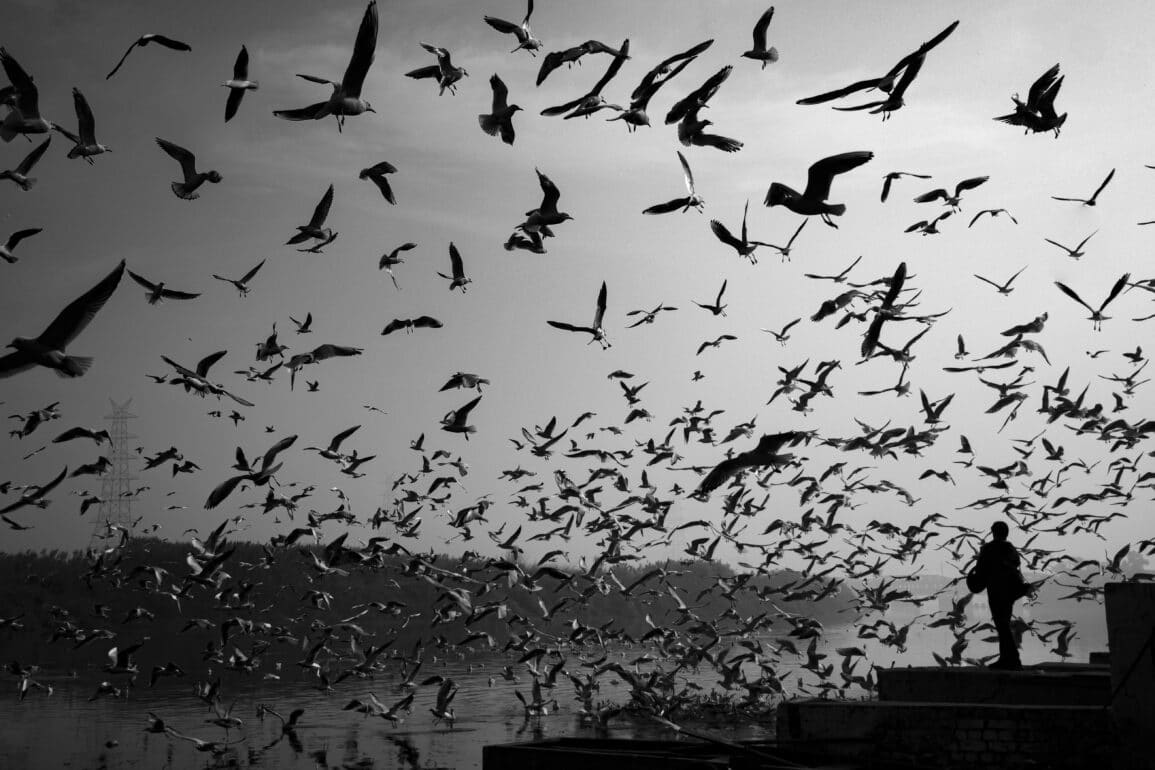It is not easy to read the news and try to understand the social processes of the last 30 years. Those who at the end of the 20th century suggested that liberal democracy would slowly spread and that economic freedoms, for example, in China, would sooner rather than later democratically transform the concentration of power, today fail to explain what happened.
Acutely, Quinn Slobodian points out in his book Crack-Up Capitalism: Market Radicals and the Dream of a World Without Democracy (2023) that instead of democratic capitalism conquering the East, Eastern capitalist authoritarianism seems to be seducing the Western world.
Added to this are highly contrasting social processes: unprecedented migratory flows and new steps towards space exploration; accelerating environmental crisis and extraordinary advances in bioengineering; the imminence of a possible world war and the anarchic emergence of artificial intelligence; the temptation of constant authoritarian regressions through democratic means and new desires for respect for differences; the economic collapse of countries like Haiti or Cuba and the unprecedented success of companies like OpenAI. The list could go on without limits.
This is how we find ourselves in the middle of a peculiar civilizational contradiction: as a society, we can do so much and so little. While some dream of colonizing Mars, others can barely survive in a city like Port-au-Prince; While some decide when and how to dispense euthanasia most effectively, it is extremely difficult to create relevant public policies for old age. After having experienced a pandemic like COVID-19, social learning is rather poor, since we quickly return to our habits of consumption, utilitarian social interaction or outright lack of solidarity, as is evident in the current war scenarios.
Daniel Innerarity, in his book Democratic Freedom (2023) tells us: If the true crisis of our societies is this and the recurring catastrophes are its reminders, then we have to address the problems in another way, more anticipatory, holistic, transnational, collaborative and horizontal; “The crises are reminding us of the need to think about a new way of doing politics that is more receptive to the unprecedented forms that it will have to adopt in a society that is becoming increasingly unpredictable.”
At this point, the speech on the new principles of the Social Doctrine of the Church made by Pope Francis seems to be better understood (Evangelii gaudium, n.n. 217-237). It is not viable in the medium and long term to manage complexity, unpredictability or diversity with hegemonic and authoritarian aspirations. The only peaceful and rational way to attend to and understand the new world that is coming is precisely by giving priority to (complex) reality before ideas; privileging the whole over the part; putting unity based on diversity before conflict; and, above all, giving primacy to time over space, that is, betting on long-term processes that sow new community habits in our wounded societies.
Fountain
SO MUCH POWER AND
AS LITTLE
GLOBAL SOCIETY NEEDS TO CHANGE
BUT THERE ARE UNHIDDEN RESISTANCES IN IT
voices – Rodrigo Guerra López











